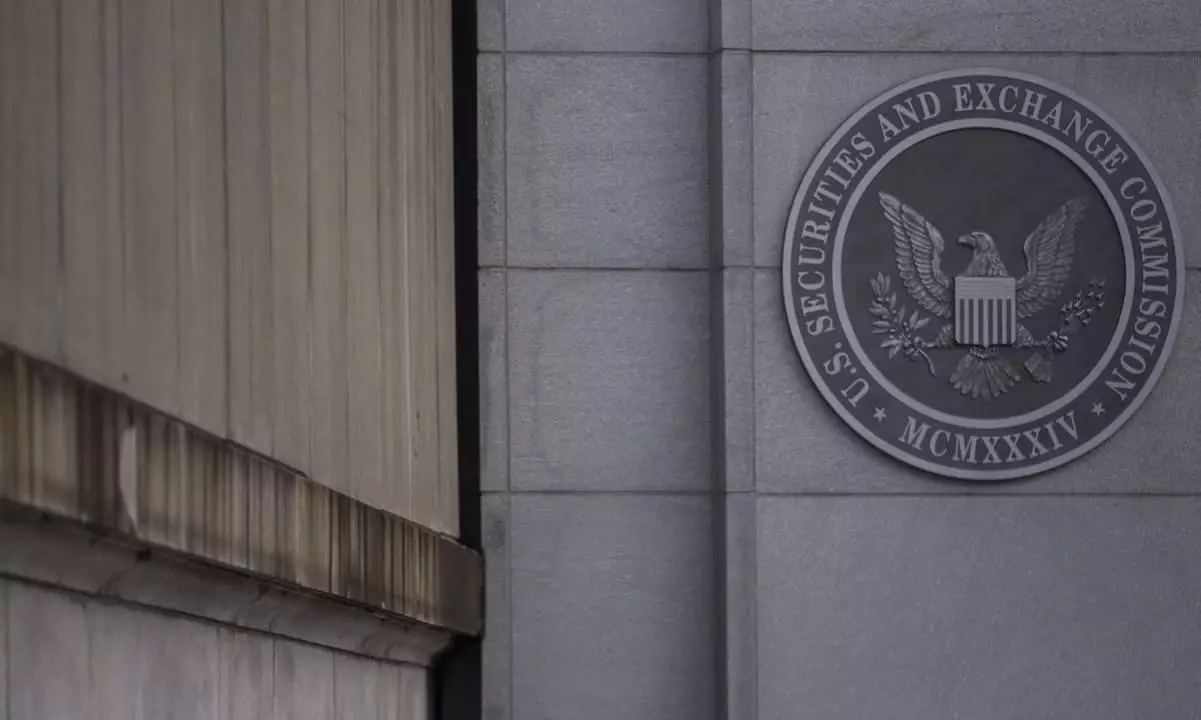In a significant development within the cryptocurrency trading sector, eToro’s U.S. branch will halt trading in most cryptocurrency assets within the next six months, as mandated by an order from the Securities and Exchange Commission (SEC). This decision emerges from claims that eToro has been in breach of federal securities laws since 2020, bringing to light the regulatory challenges facing crypto exchanges in the current environment. As part of a settlement deal, eToro will incur a penalty of $1.5 million and drastically limit the trading options available on its platform, now only offering prominent assets like Bitcoin (BTC), Bitcoin Cash (BCH), and Ether (ETH).
The SEC has raised serious accusations against eToro, asserting that the platform has functioned as both an unregistered broker and a clearing agency. This means that eToro facilitated trading activities involving crypto assets that were effectively treated as securities, all while neglecting to adhere to necessary regulatory safeguards by failing to register. This assertion underscores a critical tension in the financial sector: the ongoing battle between innovation in digital assets and the stringent regulatory frameworks established to protect investors.
As the SEC’s directive unfolds, eToro’s customers will have a short window of 180 days to liquidate their holdings in the now-restricted assets. Should customers fail to act, the exchange will automatically liquidate these cryptocurrencies and return the funds to users, a move that could potentially disrupt investment strategies for many traders. While the SEC’s statement indicated that eToro neither admitted nor denied the accusations, its compliance with the settlement demonstrates a willingness to align practices with established regulatory measures to enhance investor protections and ensure operational continuity.
This settlement not only poses immediate changes for eToro but raises broader implications for the cryptocurrency industry as a whole. The SEC’s focus on regulating crypto assets is intensifying, particularly as it relates to service providers that may be skirting the line of compliance. eToro’s previous steps, such as placing restrictions on crypto assets considered securities amid lawsuits against rival platforms Coinbase and Binance, illustrate the proactive measures they have undertaken to comply with regulatory standards.
eToro finds itself not only embroiled in U.S. regulatory scrutiny but also facing legal challenges abroad. Recently, the Australian Securities and Investments Commission (ASIC) filed a lawsuit against eToro, alleging that the platform has caused harm to investors through certain product offerings. This dual pressure from both the U.S. and Australian regulatory bodies emphasizes the need for eToro and similar platforms to navigate an increasingly complex global financial environment.
EToro is at a crossroads, where regulatory compliance is essential for maintaining its operational viability in the U.S. market. As the cryptocurrency sector continues to evolve, firms like eToro must adapt their business models to conform to regulatory demands and prioritize investor safety amidst a rapidly shifting landscape.

